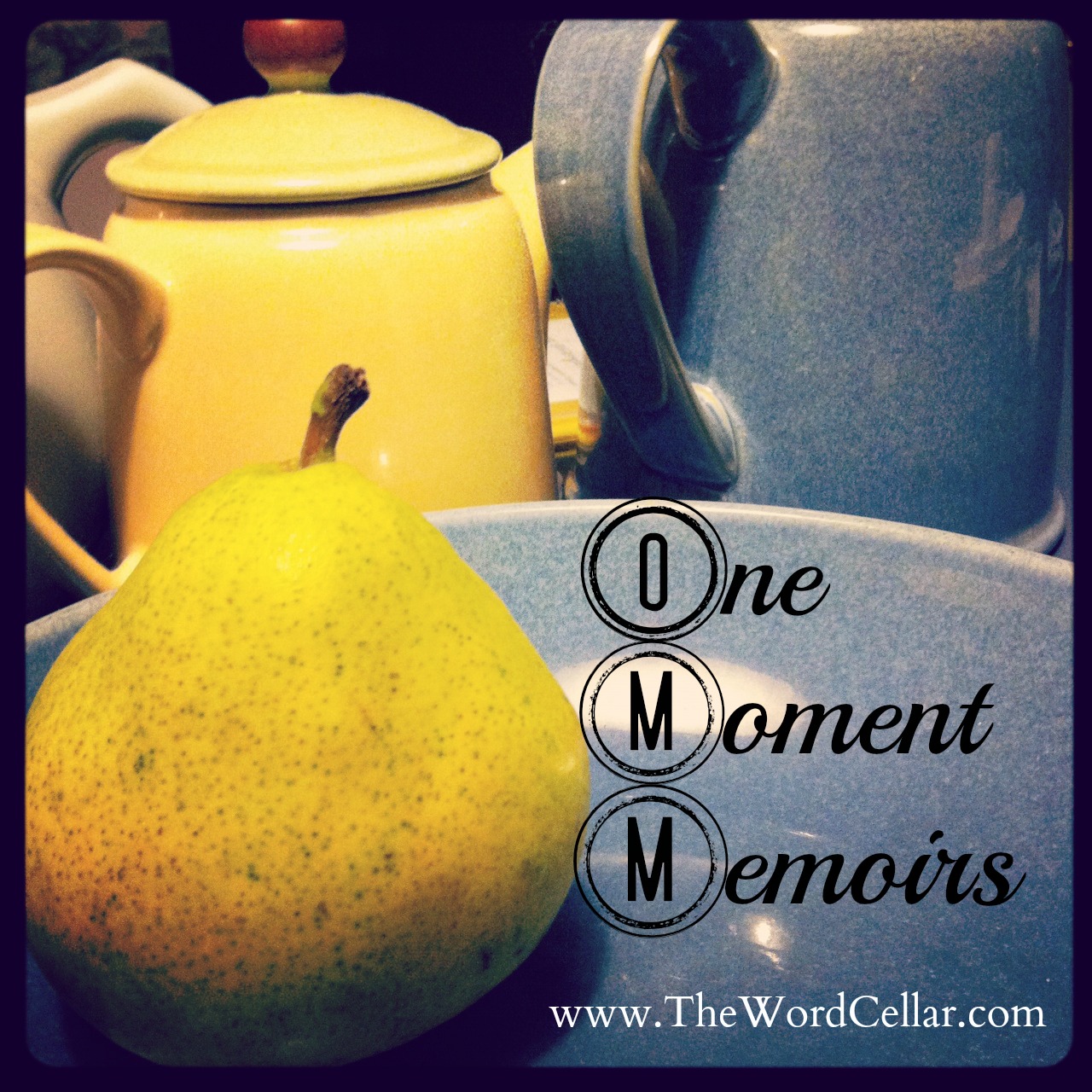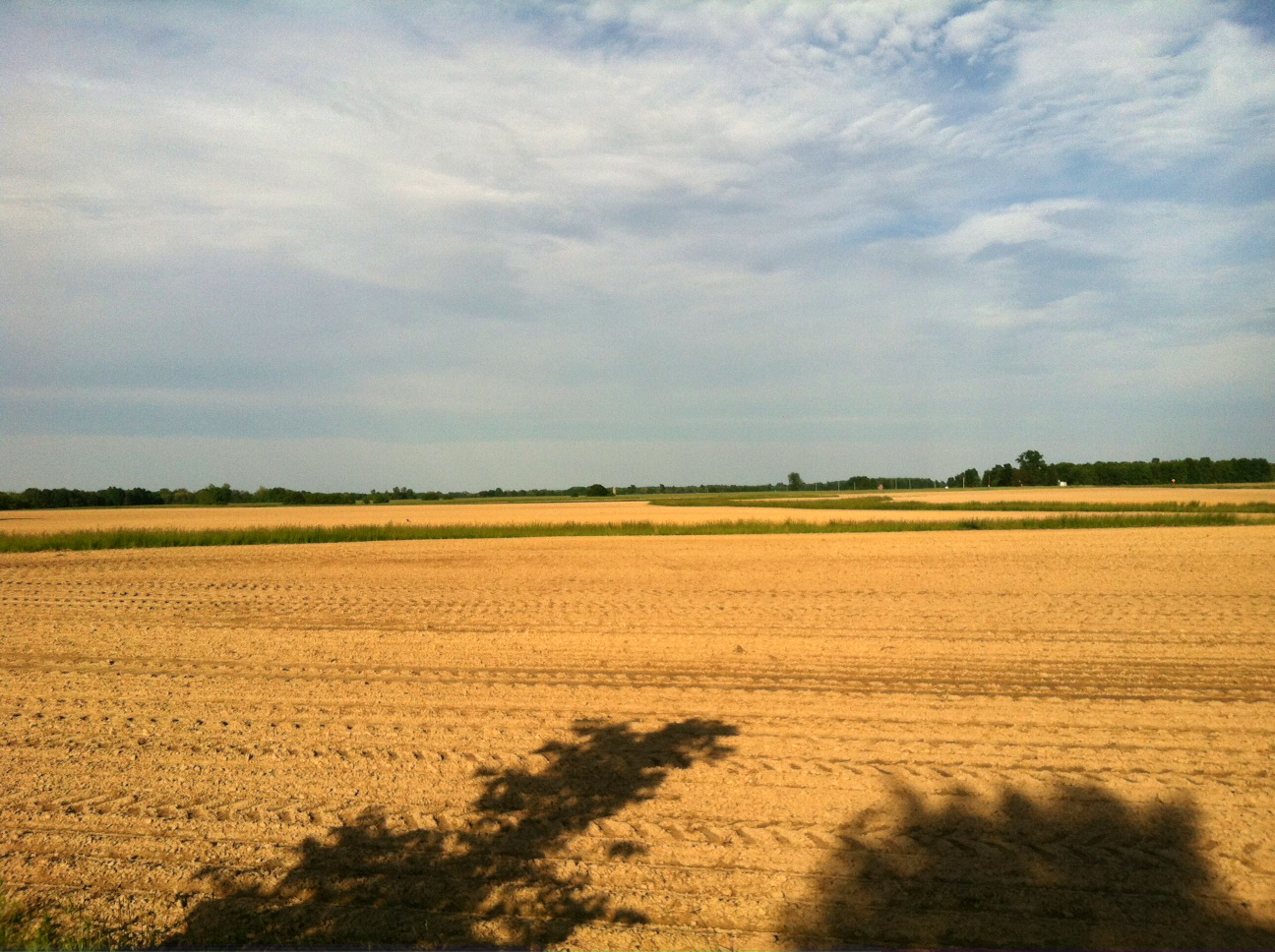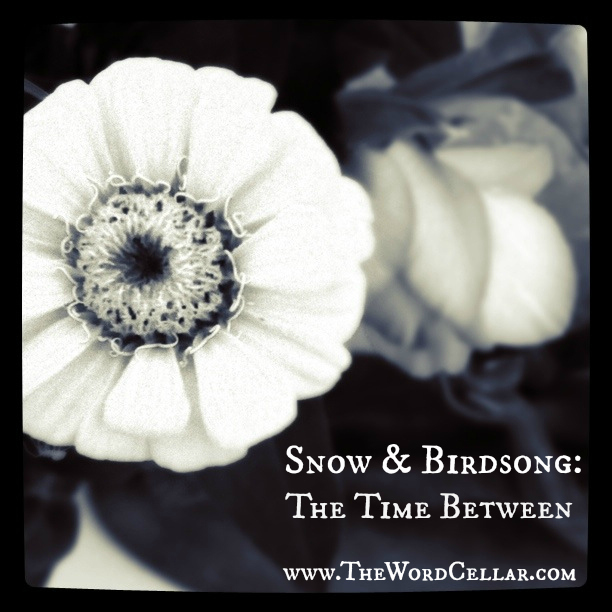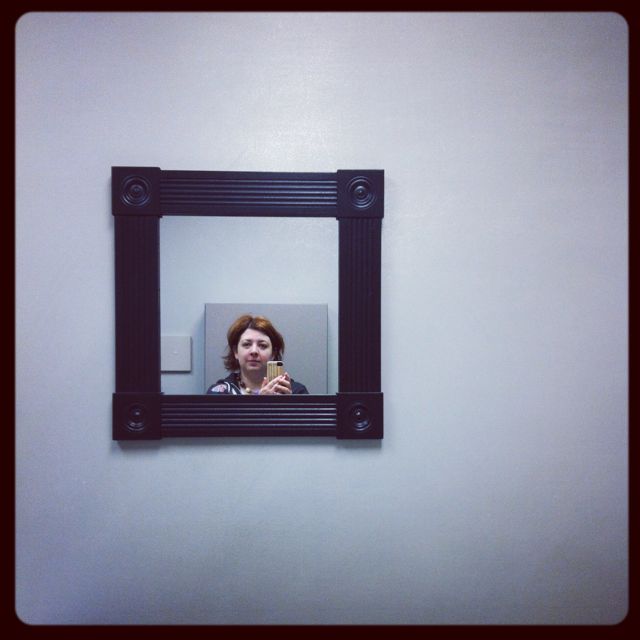More Pages, Fewer Screens
 Sunday, February 16, 2014 at 11:25PM
Sunday, February 16, 2014 at 11:25PM 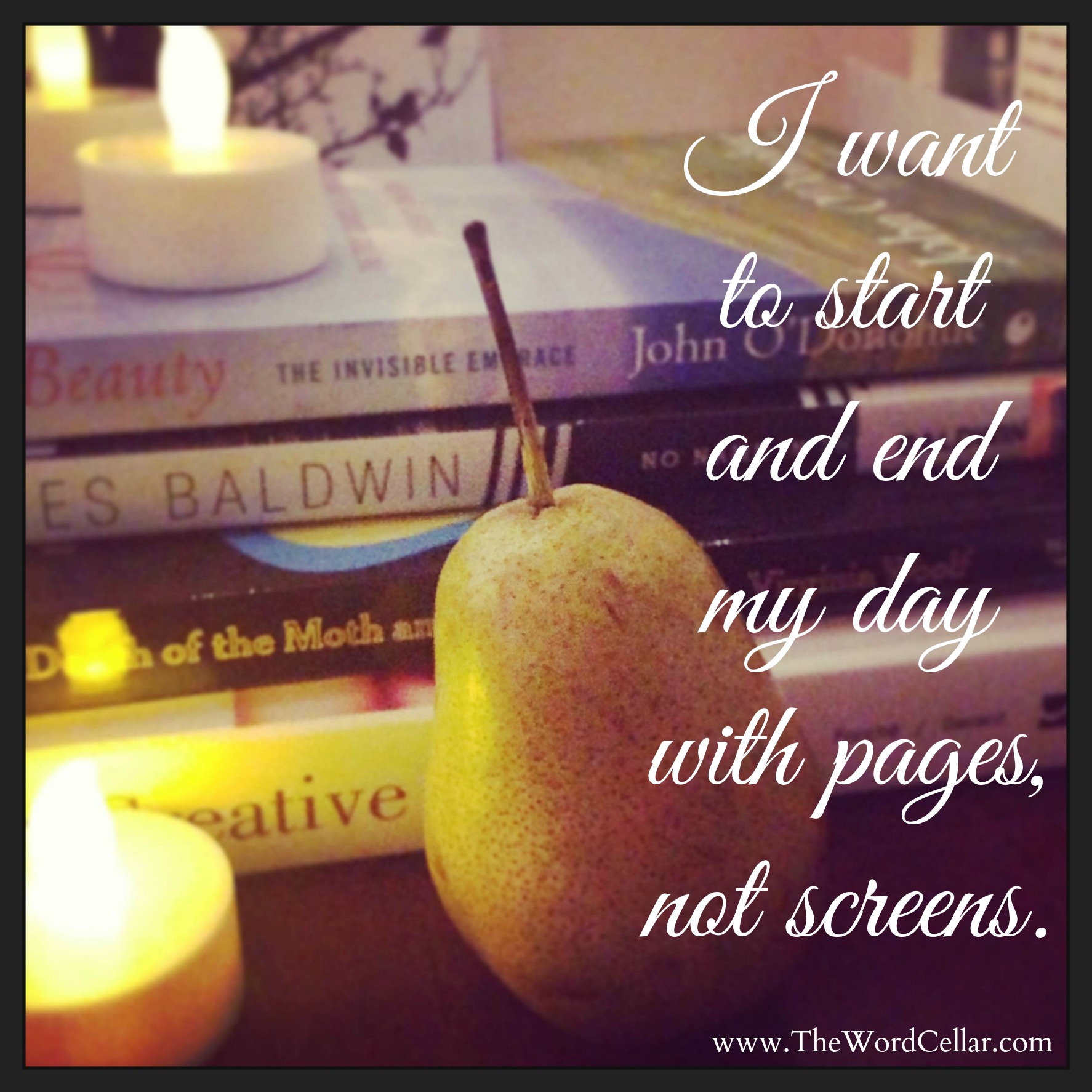
I want to start and end my day with pages, not screens.
One of the best things about being away at a month-long writing residency was having my studio (and by extension, my laptop) in a separate building from my living quarters, which had no WiFi connection. Here at home, I live, work, and write in the same space. I spend a lot of time on my laptop while sitting on my couch or at the dining room table. I use a spare bedroom as a studio, but it's mere steps away from my own bedroom. And even if I put the laptop away, there's still my phone, with it's oh-so-easy access to email and all manner of social media.
Like so many others, I get sucked into the whirl of the online world and lose minutes and hours. Don't get me wrong: I love the Internet, including email and social media. These things connect me to people all over the world, inspire me, and enable me to run my business. There's also loads of wonderful reading to be done online. For all of this, I am grateful and delighted. (I even keep a few Pinterest boards with links to books I want to read, great writing I find online, and all sorts of resources for writing and living the writing life.)
But when I spend 40 minutes on Facebook reading dozens of comments from people I don't know about an acquaintance's personal drama-trauma, what the hell am I doing? Or when I click over to watch one of those viral videos and end up clicking through to watch five more of them. Really? Is this how I want to spend my time? I'm not so Puritanical as to eschew all pleasure and mindless activity, but when it starts to suck the life out of me instead of making me feel rested or energized, it's time to stage a personal intervention.
So I'm trying to stick my face in a book more often than I get stuck on Facebook.
I want to start and end my day with reading, which, as a writer, is more of a wonderful necessity than a luxury. I must remind myself of this all the time. Apparently I'm just Puritanical enough to think that something that gives me pleasure must be bad for me. But reading is essential to my work as a writer.
So I'm practicing opening a book before I open my laptop in the morning. At night, I hope to get to the point where I close my laptop at least two hours before I go to bed. And then I want to step away from the TV, turn the lights down lower, and read. I need to give my mind time to calm down. I'm tired of spending my days feeling overstimulated and underachieving.
I'm doing this not just for my mental health, but for my own writing practice, as well. As I've written about before, my creative work requires time and quiet. My month at Vermont Studio Center has helped me to tap back into my desire to live a life of letters and to make writing a priority. One of the best parts of my month there was sitting in a cozy armchair, reading a book with no where to be, looking up every so often to watch the trees sway in the wind above a half-frozen river.
So really, this whole "more pages, fewer screens" campaign is about several things. For one, it's about being mindful of how I spend my time. For another, it's about stepping away from the glowing light box and letting my body and mind rest from the constant onslaught of electronic information. (Plus, research indicates that the kind of light emitted by laptops and televisions screw with humans' circadian rhythms.) And yes, it's about reading more and writing more (even if I choose to write on the computer a lot!).
From time to time I hope to share with you what I'm reading, both in print and online, because it's not that pages are inherently any better than screens when it comes to quality content. There's a wealth of wonderful work online, and if I can just learn to stop frittering away my "screen time," I'll be reading more of it.
In my next post, I'll share some of the pages I've enjoyed reading lately.
 essays,
essays,  everyday essays,
everyday essays,  one-moment memoir
one-moment memoir 


